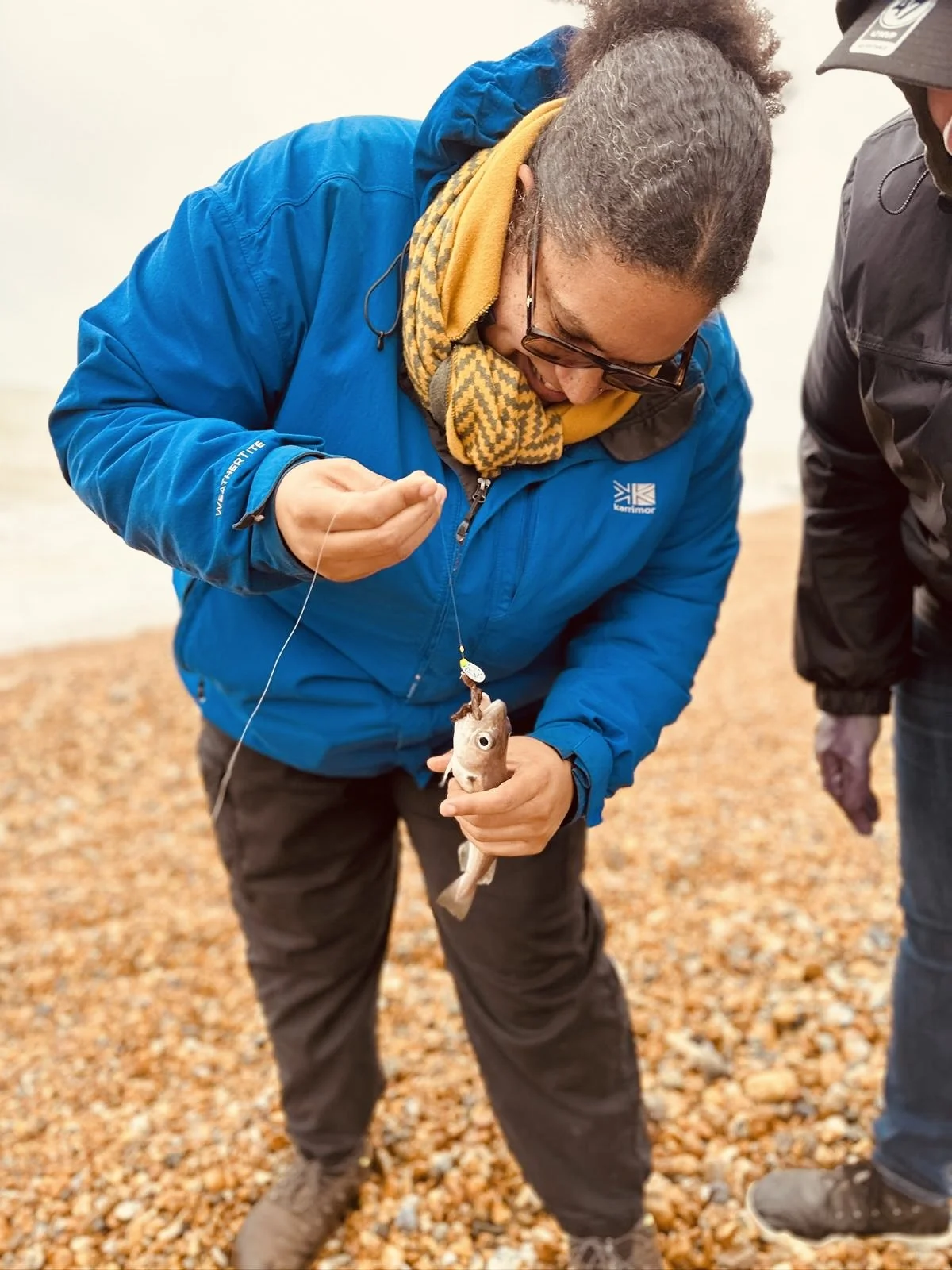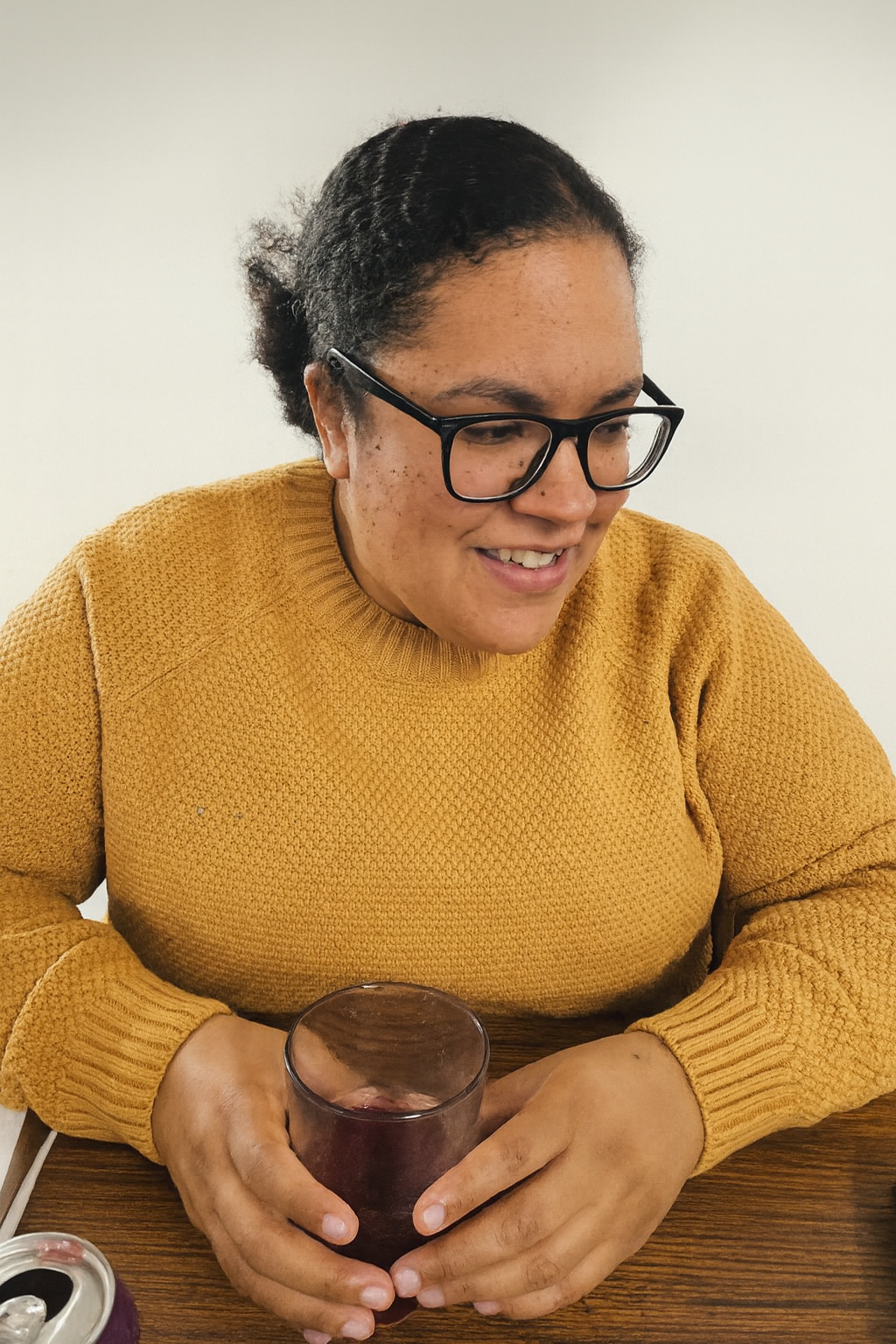Access is important to us
-
physical
Fishing on a shingle beach (current location) for our Hook Ups, comes with a number of challenges and one of those is access for people with a physical disability. However that is our challenge not yours and we are wholeheartedly committed to making sure our Hook Ups are accessible to you. Please let us know what your individual needs are and we will discuss with you how we can best support you to attend, get involved and thoroughly enjoy your experience at our Hook Ups.
-
Neurodiversity
We know that some people, including ourselves, may need spaces that cater for a diverse range of needs. We have a number of strategies and considerations that will hopefully support those needs including providing a ‘quiet space’ away from the group. There is also no expectation to participate in any of the activities suggested. We can arrange alternative activities or you can bring your own activity like a book for example and take time as and when needed. Please feel free to discuss ways in which we can support you beforehand or on the day.
-
Economic
One of our priorities is making sure no one is excluded from attending our free monthly Hook Ups. However getting to the beach brings up a number of issues and one of them is the cost of travel. Therefore we have set up a fund to help with travel costs. Please let us know if financial barriers are affecting you and we will discuss how we can support you to attend.
safeguarding
Our safeguarding lead is Naomi.
Naomi regularly attends our Hook Ups and can be contacted via email on:
comms@weareblackfish.com
Please don’t hesitate to email us if you have any questions or concerns.


